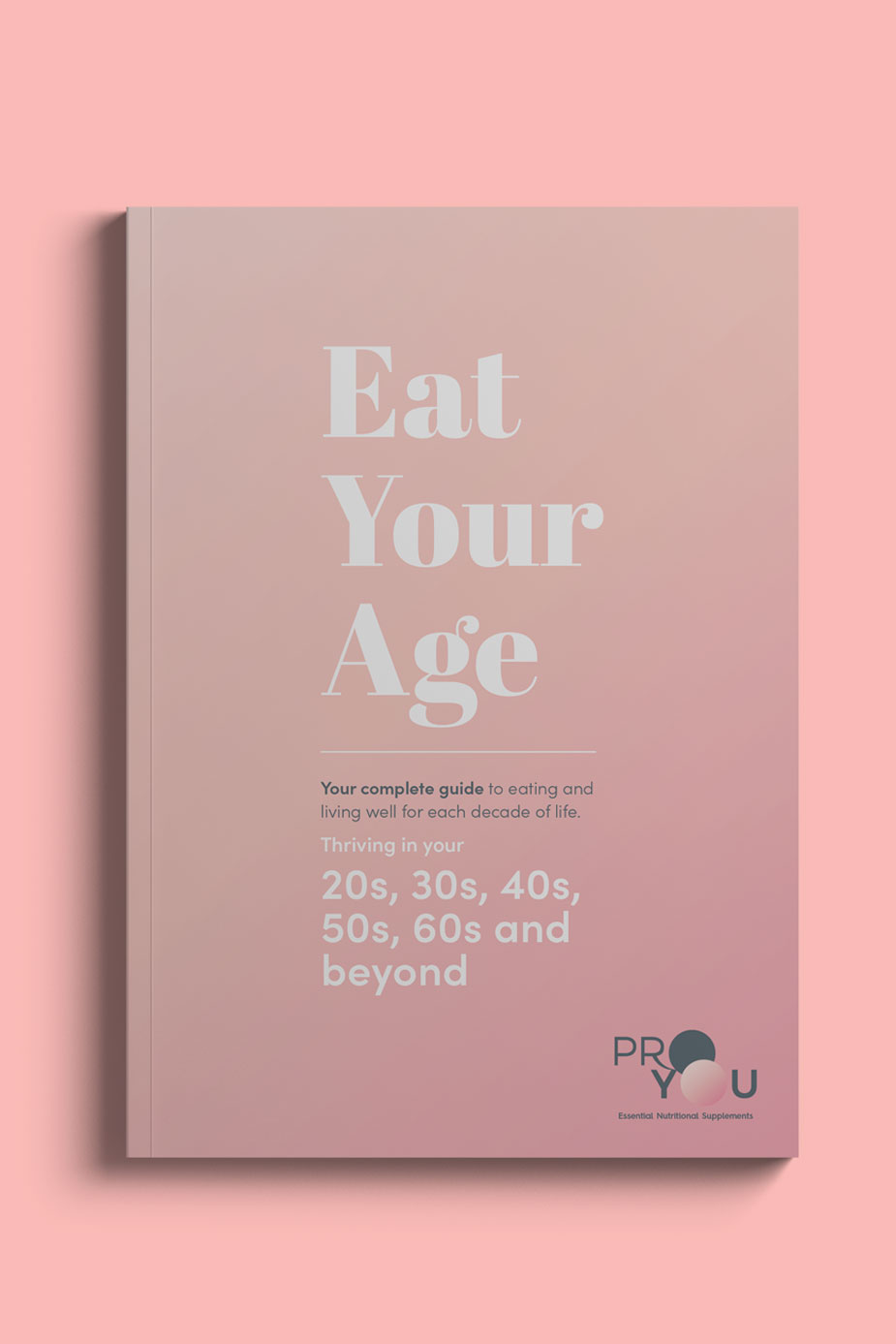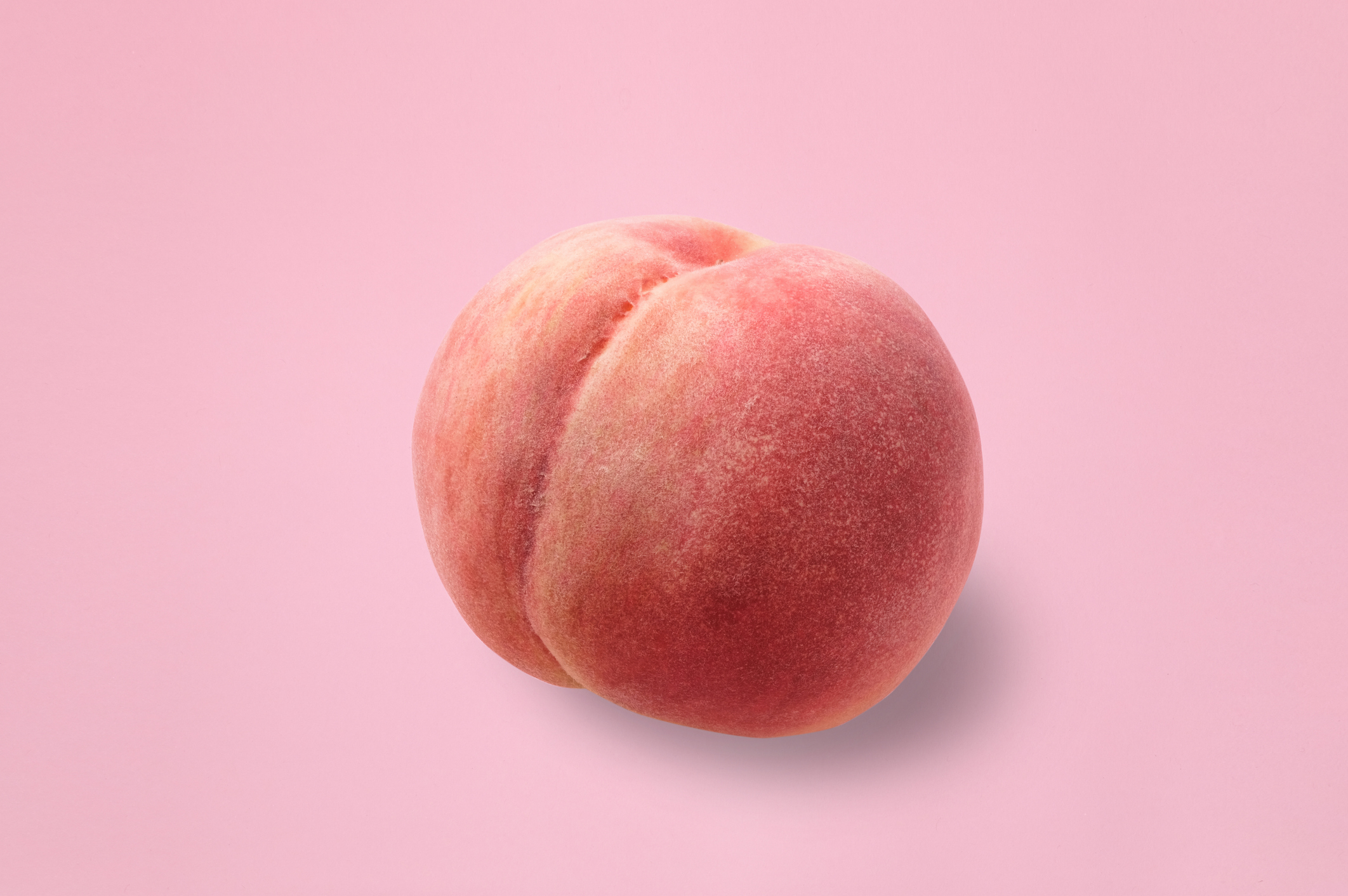You’ve conquered your 30s!
Settling into your 40s may come with some delights and surprises.
On one hand, you may be thriving in your career, enjoying having extra money on hand or watching your family grow. On the other hand, you may be noticing you’re feeling a bit off and over time and so are your periods.
Perimenopause – the transitional time before menopause – can cause anxiety, heavy periods, hot flushes and insomnia-like issues. Although it’s a natural process which all women go through, it can be something we wish would take a side step. During this time, progesterone levels are on the decline (that’s your relaxation hormone) estrogen levels are unrulily fluctuating and cortisol levels (stress hormone) are creeping up and up and up…
Focussing on your liver, gut health and sleep is important during this time.
Eating brassica vegetables and watching your caffeine and alcohol intake can help your liver clear excess estrogen, allowing progesterone to counteract some of the negative effects.

Brassica vegetables are part of the genus Brassicaceae, or mustard family. Brassicas are also categorised as cruciferous vegetables (Cruciferae), or members of the cabbage family. Brassicas are among the most commonly cultivated vegetables in the world, and some of the most nutritious vegetables you can eat. The Brassica oleracea family of vegetables contains hundreds of subspecies with a range of health benefits, like vitamin C, vitamin K, beta-carotene, and glucosinolates. Brassica vegetables are also a great source of soluble fibre.
Brassica vegetables include:
- Broccoli
- Brussels sprouts
- Cabbage
- Cauliflower
- Kale
- Bok choy
Other micronutrients that may help you through perimenopause are:
- Magnesium – a multi-tasker when it comes to your health – once termed ‘Nature’s Tranquilizer’. Adequate magnesium levels help support a good mood, sleep and energy levels (by facilitating turning your food into fuel!). It also lends a hand in looking after your bone health – acting as a preventative for bone disorders like osteoporosis (9). Nuts, seeds, mangoes, dark leafy greens, beans, and wholegrains are all great sources of magnesium. You may also supplement if you struggle to get enough in too.
- Vitamin B6 – assists in the production of many neurotransmitters – including the ones that promote calm, happy feelings (10). Giving yourself a boost through diet or supplementing B6 can have your mood feeling more on the uphill. Good sources of B6 include chickpeas, starchy vegetables, meat, fruits and seeds.
- Taurine – an amino acid that increases the production of calming chemicals, supports liver detoxification and offers itself as an antioxidant to liver cells! Basically, a liver’s best friend. Studies also suggest that taurine protects bone health by not only stimulating bone formation but also inhibiting bone resorption (11). Because estrogen reduces the production of taurine, women naturally have a higher requirement for it than men! Taurine can be found in animal foods with fish and shellfish being the highest (2).
Adequate sleep can help bring your cortisol levels down. If cortisol levels remain high over long periods this may lead to commonly termed “stress belly” – where fat leans to be stored around the midsection (12).
If your sleep is off, now is the time to get into good sleep hygiene habits. It is all those things we know we should be doing but can get a bit lazy with. No screens before bed, maintaining a regular sleep schedule, keeping your bed for sleeping only (not Netflixing!), and allowing a few hours between eating and dozing off.
Exercise-wise:
Your 40s have hit you with a bit of a hormonal sh*t storm which affects your body in more ways than one. If you’re not into regular exercise yet – start! It’s never too late. Many people that keep up a good level of fitness in their 40s have a younger body than that of a 30 year old who doesn’t work out – you can too! Weight training is important to preserve your bone and muscle mass. Learn proper form, get a qualified instructor to show you the ropes. Form over quantity and weight is key to avoiding injuries. Remember, lifting weights should be hard but it shouldn’t hurt. Feel free to be choosey with your trainer – they have to be right for you. High intensity exercises like HIIT and CrossFit will only jar your hormones and joints further – slow it down, sink those cortisol levels with yoga, pilates and walking. Speaking of walking, get used to increasing those steps – aim for 10,000 daily – your metabolism will thank you for the boost.
Download ‘Eat Your Age’ – Your complete guide to eating and living well for each decade of life.








